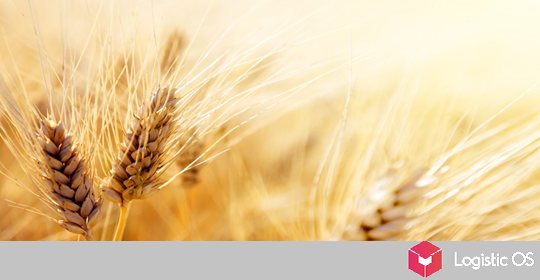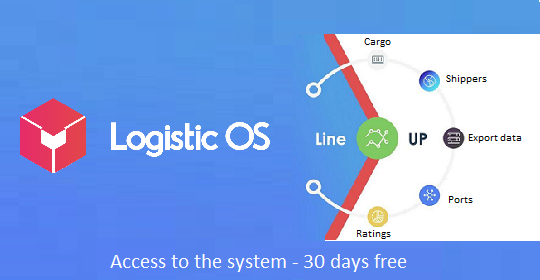The current situation can lead to a disruption in supplies for enterprises and a rise in salt prices.
The last time salt mining companies faced a similar problem was in 2016-2017: the removal of the old fleet from the lines increased transportation prices and led to the accumulation of unshipped products.
The problem seems to have been resolved by 2019, but already in 2019-2020, the demand for cars from operators has significantly decreased. This was due to a decrease in coal loading, and with the release of new wagons, and, of course, a pandemic.
Part of the park was dumped and repairs were cut.
In the second quarter of 2021, the demand for gondola cars increased sharply — a deficit arose.
The largest salt producer, the Orenburg enterprise «Russol», has a monthly demand of about 4.5 thousand gondola cars per month. In fact, 2.5 thousand units are guaranteed.
Several sites have already been shut down, threatening the delivery schedule to counterparties.
In order to fulfill contractual obligations, enterprises transfer part of their shipments to road transport.
There are few salt-mining enterprises in the country, and, as a rule, they are located in remote areas.
And most of the cost of salt is made up of precisely the costs of logistics: trucking is much more expensive, and accordingly, the cost becomes higher.
Rusprodsoyuz appealed to the Minister of Transport Vitaly Savelyev with a request to intervene and solve the problem.
Operators are trying to restore the abandoned car fleet and plan to return to the market up to 20 thousand gondola cars in the near future.
But, according to Rusprodsoyuz, the current situation is not so much justified by market factors as by the desire of operators to increase their profitability .

